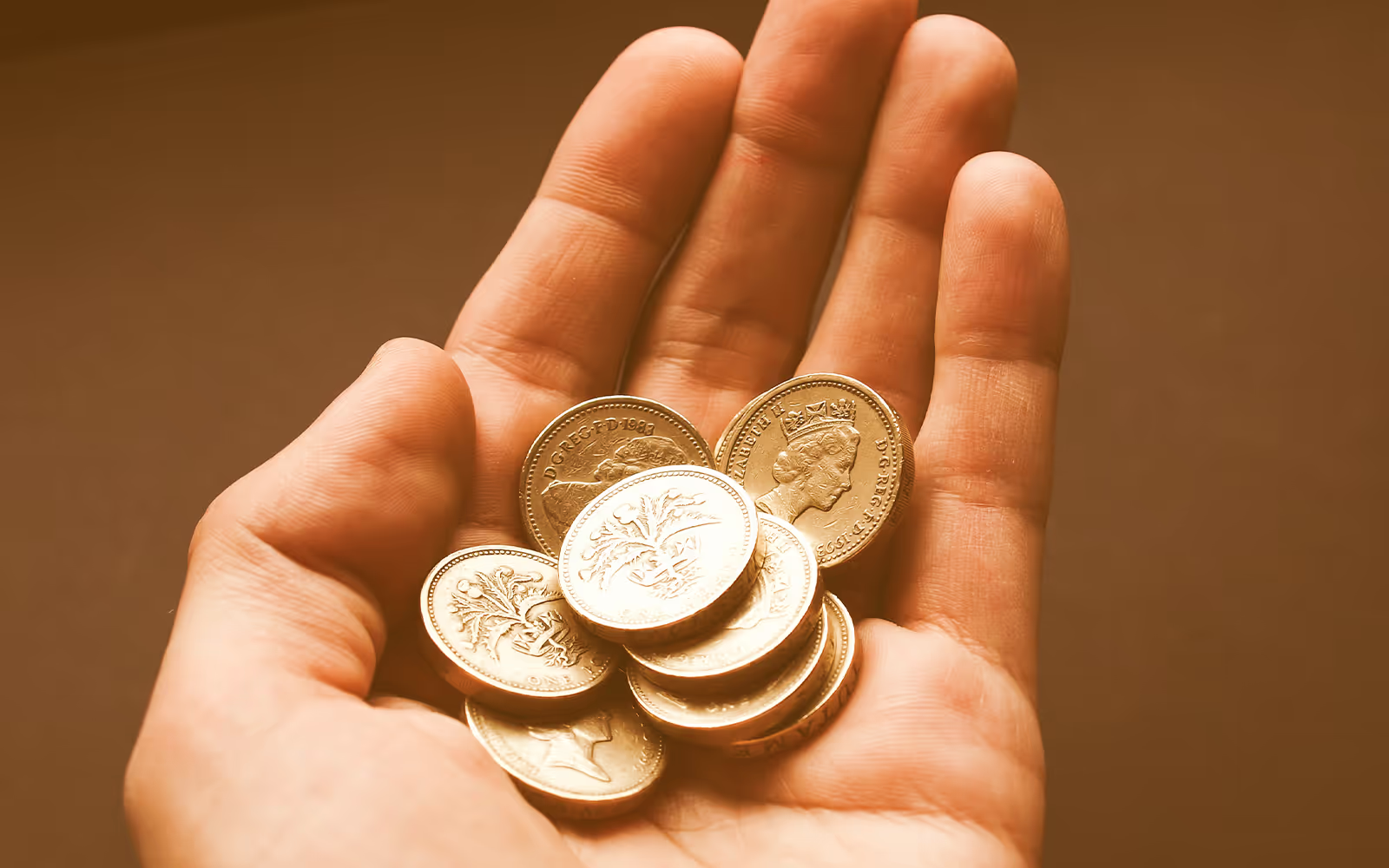How economical are Germans?

Germans have the reputation of being among the most economical people in the world. This is more than just a reputation and can also be proven statistically. Here you can find out how economical Germans really are and what they will spend the money on.
How much money do Germans have?
Compared to the previous year, Germans' financial assets rose to around 6.2 trillion euros in 2018. This result can be derived from data from the Deutsche Bundesbank and DZ Bank AG, which represents an increase of 1.9 percent. With just under 81 million inhabitants, each person would have an average of around 77,000 euros. It must also be said that the money is not evenly distributed. According to the Deutsche Bundesbank, the overall savings rate of Germans in 2018 was 10.2 percent of total income per household. In contrast to other EU countries, the savings rate has risen steadily in recent years. In 2013, for example, this was only 8.9 percent. In times of the ECB's zero-interest rate policy, Germans are thus acting counter to the trend.
What do Germans spend their money on?
Due to rising prices for rental apartments, it is hardly surprising that the most money is spent here. In 2016, according to the Federal Statistical Office, every German household spent an average of 35.3 percent of the total income on rent, ancillary costs and maintenance of the apartment or house. However, there are also major differences here. The investigation did not take into account rental price explosions in major cities and metropolitan areas. Someone who lives in a big city like Hamburg or Berlin is likely to spend more on rent than someone who lives in rural areas.
Food, drinks and tobacco remain in second place in terms of spending, with a share of 13.8 percent. Only then does expenditure on transport and leisure come at 13.5 and 10.4 percent, respectively. The rest of the income is saved or spent on items such as household appliances and clothing.
Where do Germans prefer to invest their money?
As a result of the ECB's zero-interest rate policy, banks see no incentive to borrow money from savers. As a result, there is hardly any interest left on savings accounts and call money accounts. If you were to invest your savings in this way, you would actually have less money in your account after one year. Although the number shown in the account increases slightly, the money is worth less due to inflation. In 2018, this was 1.8 percent. In the same period, you would only have received an interest rate of between 0.05 percent and 0.2 percent for your call money account or savings account.
Nevertheless, these two forms of investment are still by far the most popular in Germany. In 2018, Germans invested almost 2.5 trillion euros in savings accounts and call money accounts or owned it as cash. Investment funds and stocks account for just around 1 trillion euros and there is a reason for this. One Study by GfK and the Flossbach von Storch Institute found out that, despite low interest rates, Germans are barely prepared to look for other investment options. Only a third of respondents said they had switched to other investment opportunities. High-income earners in particular chose to invest their money in stocks and funds, while low-income earners continue to swear by savings accounts and call money accounts. Particularly tricky: Even though men tend to switch investments, 64% of Germans have not adjusted their saving behavior to the low interest rate policy, according to the study.
There doesn't seem to be any sign of an end to the ECB's zero-interest rate policy at the moment, which is why you should definitely consider changing your saving habits if you haven't already done so. Savings accounts and call money accounts have been discouraged for a long time, especially as the market, thanks to new technologies such as blockchain or robo-advisors, offers new ways of showing how you can and should invest in today's age. It is still important to diversify your investments across various investment areas in order to maximize profit and minimize potential losses.



